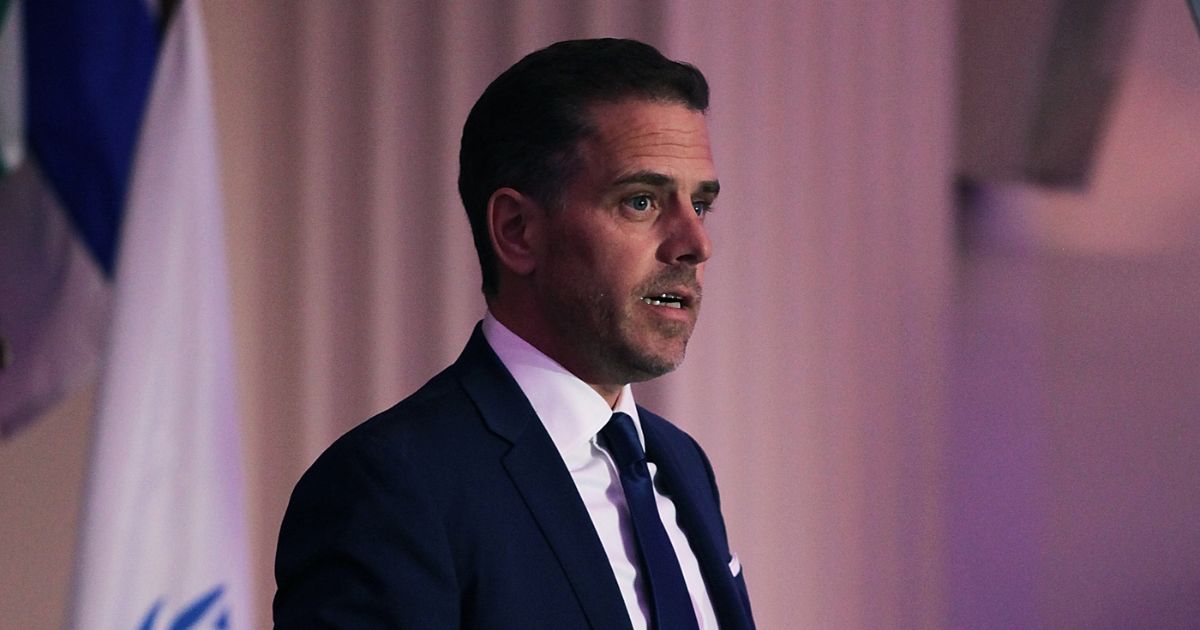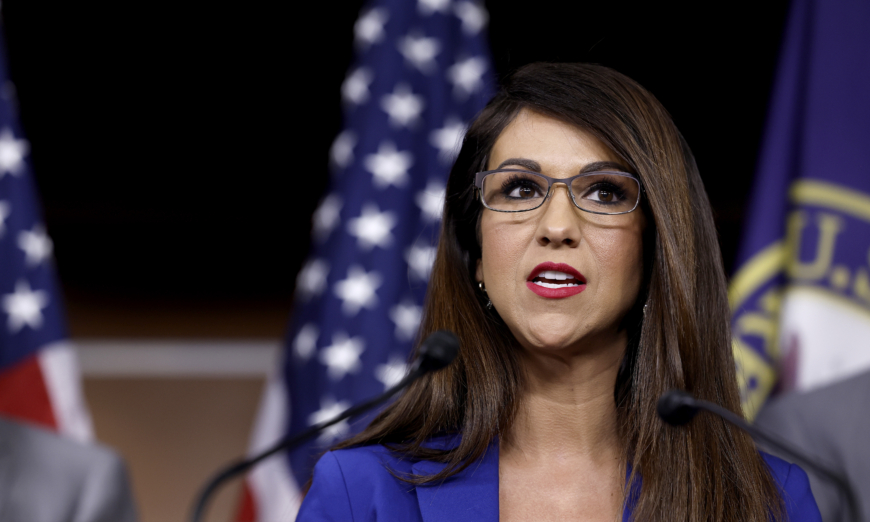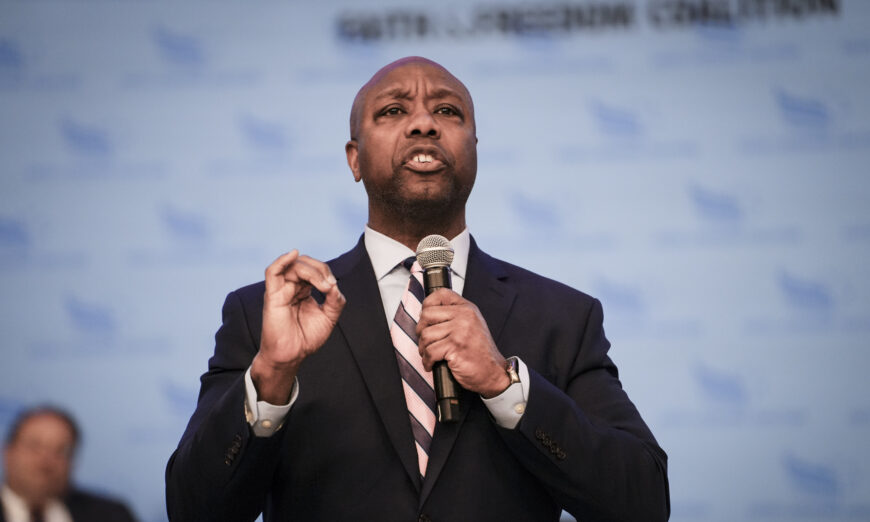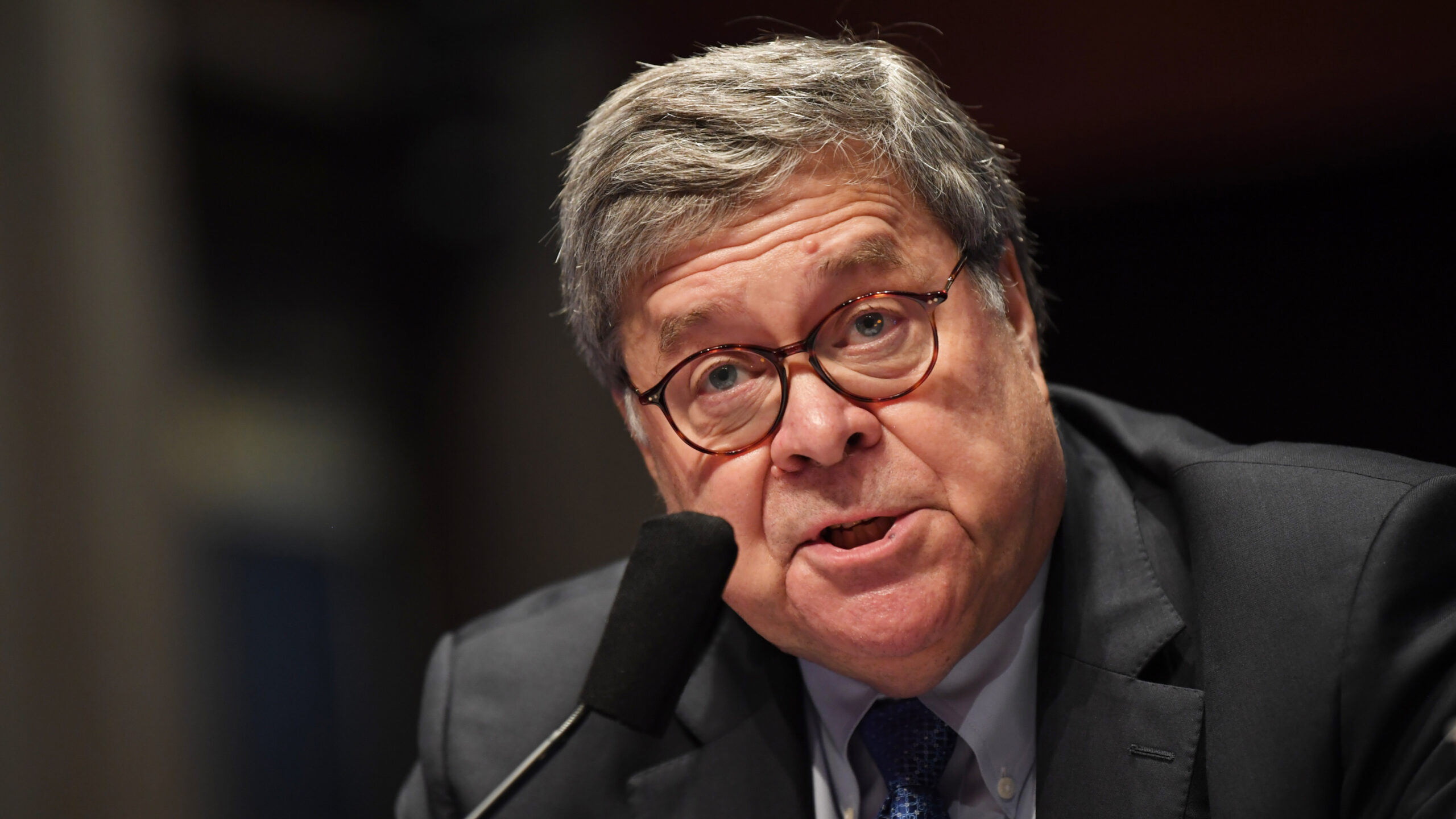President Biden Urges Congress to Toughen Penalties for Executives of Failed Banks
President Joe Biden recommended that executives from failed banks be expelled from the banking sector.
The White House published a plan to make senior managers more accountable for financial institution collapses and their entry into Federal Deposit Insurance Corporation (FDIC), receivership. The administration also urged Congress not to make it harder for federal regulators punish bank executives who engage in poor management and take on excessive risk.
Friday’s announcement highlighted reports that Silicon Valley Bank CEO Gregory Becker bought shares of about $3 million in the entity within days of its collapse. The filing was made by the Securities and Exchange Commission (SEC).
One way to get compensation back from bank executives who have lost their jobs, such as Signature Bank and Silicon Valley Bank (SVB), is to take over the CEOs of these banks. According to President Biden this would include stock sales gains.
The clawback power granted to the FDIC by the Dodd-Frank Act does not apply to large banks.
“That authority should be extended to cover a broader set of large banks, including banks the size of Silicon Valley Bank and Signature Bank,” The White House issued a statement.
If an FDIC investigation reveals that an executive has been involved in a crime, the FDIC can prohibit them from applying for jobs at other banks. “willful or continuing disregard for the safety and soundness” of their bank. However, the president proposes that this law be strengthened by increasing the legal standard to implement this ban when a bank goes into FDIC receivership.
“The president believes that if you’re responsible for the failure of one bank, you shouldn’t be able to just turn around and lead another,” The White House made the following comment.
Biden is also seeking to expand the FDIC’s authority to impose sanctions on executives of bank failures.
The administration asked for more power to fine bank executives who failed banks. “contribute to the failure of their firms.
“The president is eager to work with Congress to strengthen accountability in these three areas—and others that members of Congress identify. The president stated that no one is above the law in his administration.” the White House said.
Biden reiterated that the U.S. banking system is “Today’s stability and resilience is greater” because of the measures his administration employed.
“I assured the American people that their deposits would be available if they needed them. It continues to be so.” he stated.
In a joint statement on Mar. 12, the Treasury Department, the FDIC, and the Federal Reserve unveiled an emergency plan to designate SVB and Signature Bank as “Systemic risks” The plan included the FDIC using its Deposit Insurance Fund (DIF) to cover all insured and uninsured depositors. The central bank established a new Bank Term Funding Program (BTFP) that extends loans of up to one year to banks, savings associations, and credit unions. The Treasury also presented a $25 billion backstop in the event of possible losses.
Appearing before the Senate Finance Committee on Thursday, Treasury Secretary Janet Yellen reiterated the president’s assurance and pledged “Our banking system is solid and Americans can be confident that their deposits will arrive when they need them.”
Are Biden’s Proposals Enough?
Some say these recommendations do not go far enough.
Rohit Arora, an expert on small-business finance, for example, suggested that the federal government pass legislation allowing the FDIC to insure commercial deposits of up to $10 million, covering approximately 90 percent of U.S. businesses.
“It would receive bipartisan support.” said Arora, CEO and co-founder of Biz2Credit, in a statement to The Epoch Times. “Banks will be allowed to charge an increased fee for extended insurance. This is a drastic change from the low rates they have been charging for nearly a decade. The bank will pass the cost to their commercial customers and the taxpayer will not be liable for the result.”
Others have also asserted that the FDIC’s $250,000 limit could be raised in the fallout of the SVB and Signature failures.
Rep. Maxine Waters (D-Calif.), who is the ranking Democrat member on the House Financial Services Committee, told The New York Times that Congress should consider increasing the limit.
“If you have Silicon Valley Bank, with more than 90% of its depositors not insured, should we raise the premiums banks pay to create a larger insurance fund? Or do we keep it the same and consider each individual case individually?” she said.
Former congressman Barney Frank, who served as a director at Signature Bank, told The Wall Street Journal that policymakers should mull over raising the deposit insurance limit for business customers.
But Rep. Patrick McHenry (R-N.C.), chairman of the House Financial Services Committee, championed a private-sector approach to this crisis.
“Bank supervisors and bank managers must remain focused on managing risk in times of uncertainty to ensure stability and resilience of the financial system. Reliable leaders should not push their agendas but build confidence in the financial sector.” he said in a statement.
…..
“Continue reading President Biden urges Congress to toughen penalties for executives of failed banks“
“The views and opinions expressed here are solely those of the author of the article and not necessarily shared or endorsed by Conservative News Daily”
" Conservative News Daily does not always share or support the views and opinions expressed here; they are just those of the writer."





